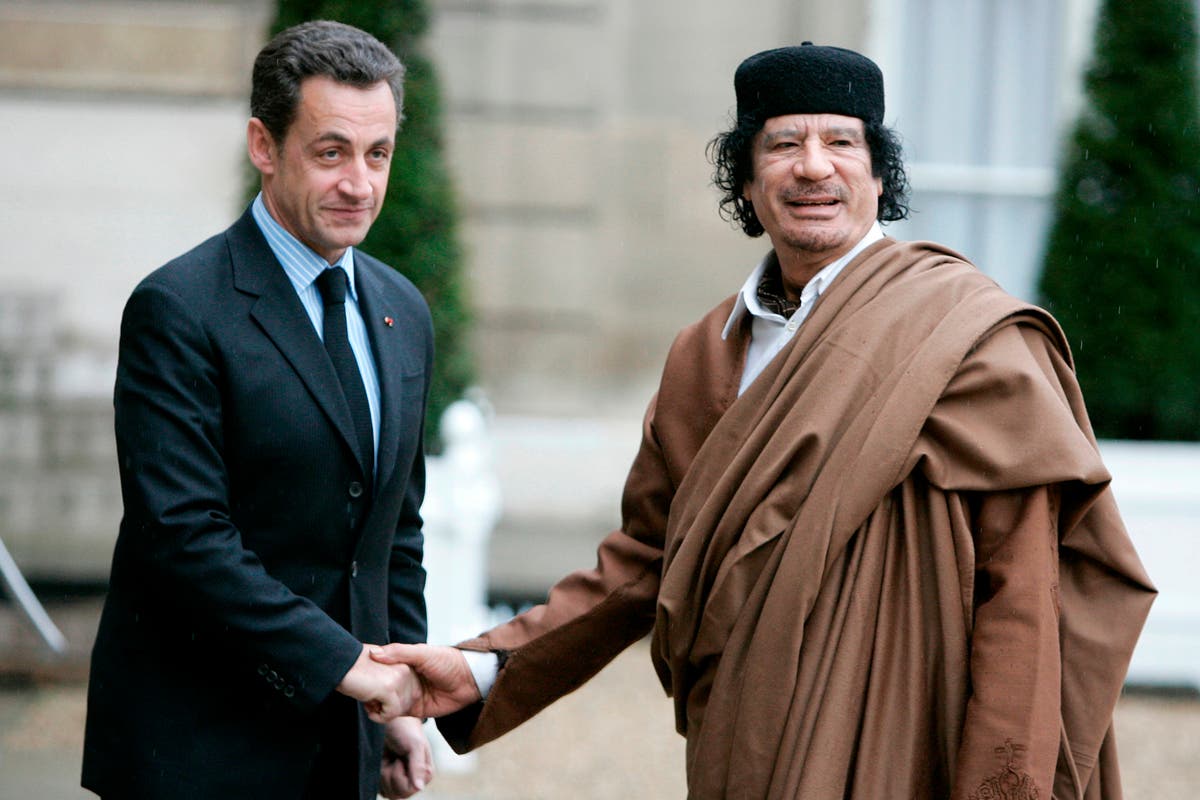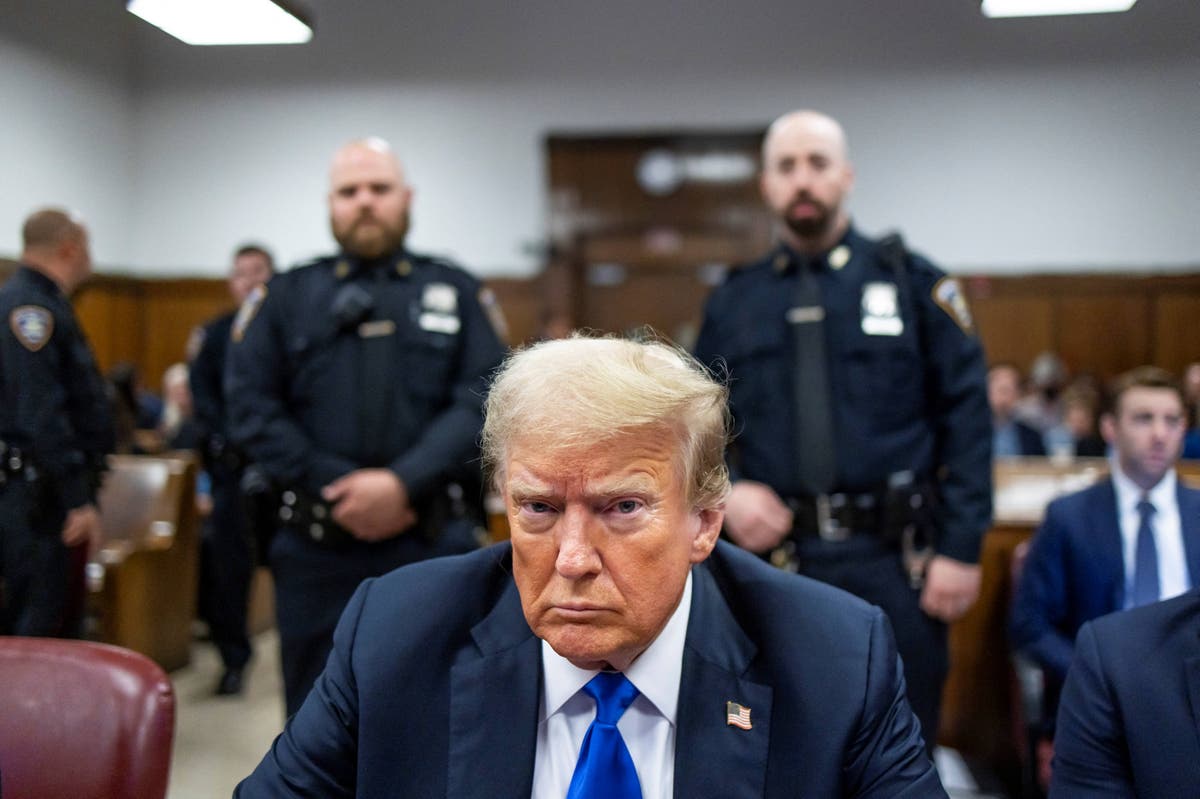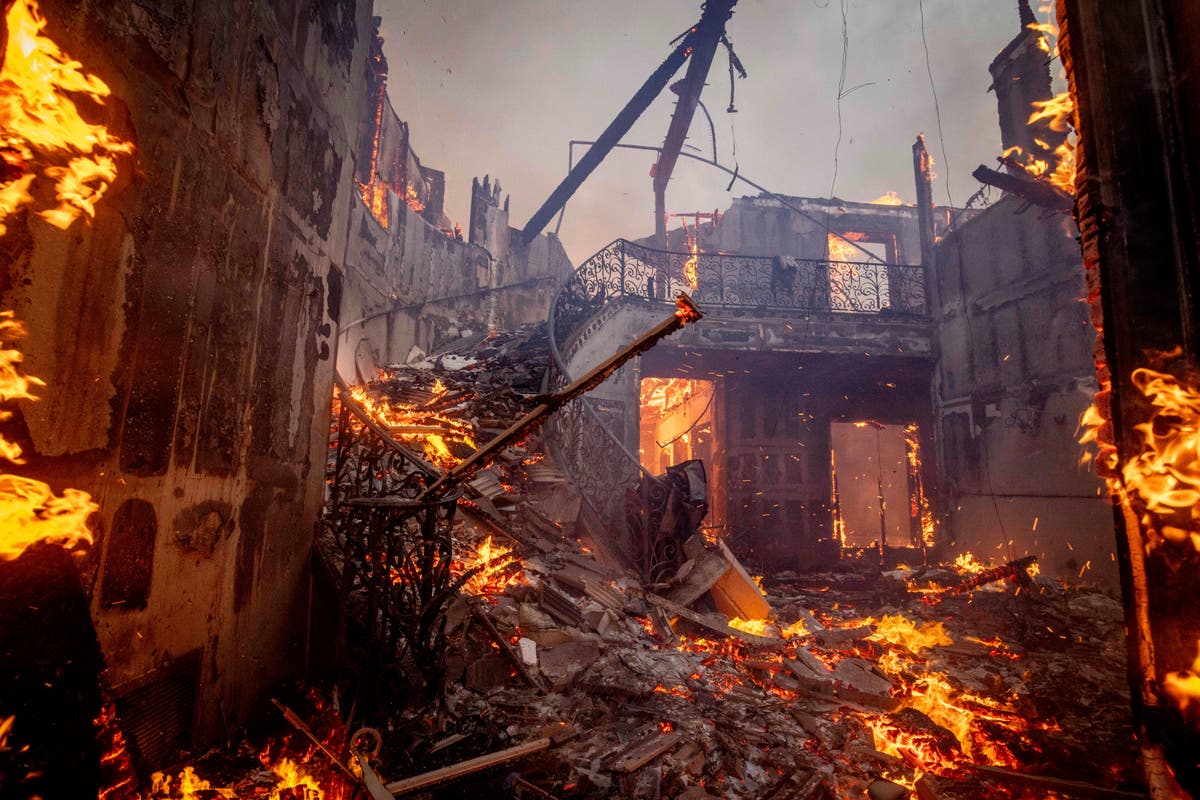Former French President Nicolas Sarkozy is on trial, facing accusations of receiving illegal campaign financing from Muammar Gaddafi. The case, dubbed the "Libyan Affair," involves allegations of a corrupt pact between Sarkozy and the Libyan leader, potentially involving millions of euros in illicit funds. The trial, spanning more than a decade, brings together numerous individuals, including Sarkozy's close associates, for accusations of corruption and illegal campaign finance.
The trial, which commenced this week, centers on the claim that Sarkozy's 2007 presidential campaign was financed by millions in illicit funds from Libya's late leader, Gaddafi. Investigators allege a complex web of transactions involving Libyan spies, convicted terrorists, and arms dealers. Sarkozy's legal team denies any wrongdoing, claiming no evidence of Libyan financing exists. The former president, who was president from 2007 to 2012, could face a significant prison sentence if found guilty.
Sarkozy's defense argues that the accusations are unfounded, highlighting the lack of concrete evidence. Lawyer Christophe Ingrain contends that a decade of investigation, including extensive international cooperation, has failed to uncover any proof of the alleged financing. The defense presents its case as an accusation based on fabricated evidence.
The trial further alleges that, in 2005, Sarkozy (then Interior Minister) brokered a deal with Gaddafi for campaign financing in return for international support. Saif al-Islam Gaddafi, Gaddafi's son, had previously claimed to Euronews that Libya donated up to €50 million to Sarkozy's campaign. However, the official campaign cost was €20 million.
This complex case involves more than just Sarkozy. Eleven other defendants, including three former ministers, and Sarkozy's close associates are also implicated. A significant aspect of the trial is the alleged Libyan intelligence note dated 2006 detailing the funding plan. However, Sarkozy maintains it's a forgery.
This high-profile trial, a testament to the lengthy investigative process, further underscores the ramifications of allegations against former world leaders and the complexities surrounding political corruption investigations. The outcome of the trial could set a precedent for handling such cases in the future.







